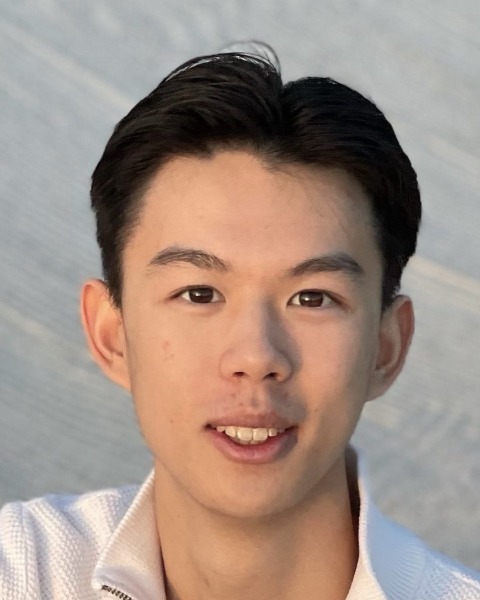Education
A Virtual Residency: Development and Analysis of a Multimedia-Based Neurosurgical Educational Tool
A Virtual Residency: Development and Analysis of a Multimedia-based Neurosurgical Educational Tool

Wesley Peng
Medical Student
Brown Alpert Medical School
Presenting Author(s)
Introduction: In an era where digital connectivity transcends geographical borders, multimedia platforms can transform neurosurgical education on a global scale. Barrow Neurological Institute's multimedia educational programs are reaching neurosurgeons worldwide, creating a “virtual residency” that highlights complex cases and novel technologies.
This study explores the digital platforms that comprise this initiative, enhancing neurosurgical expertise globally and fostering an inclusive educational environment.
Methods: Barrow has created a suite of multimedia educational tools: Barrow Live Surgery, Neurosurgery Base Camp, Seven Series, and educational posts on social media platforms including Instagram and X. Data from internal YouTube, Meta, and X analytics was compared to six academic institutions with active neurosurgical multimedia channels (>50,000 impressions). A survey garnered feedback, and paired sample t-tests and linear regressions were run using R (version 4.3.2), with significance defined as p < 0.05.
Results: From October 23, 2020, to July 18, 2024, Barrow’s virtual residency platform made 4,125,788 impressions, 690,582 views, and 21,754 hours of total watch time, reaching over 30 Low and Middle Income Countries (LMICs). Views increased by 42,800 each year from 2020 to 2024. Barrow had the highest number of impressions and impression-to-subscriber ratio among comparable institutions. Viewers preferred engaging with each season as a continuous series rather than segmented episodes.
A survey of 2.65% of total virtual residency subscribers showed that nearly half of respondents reside outside the United States (48.9%), with 26% from LMICs. Based on a 10-point Likert scale, confidence in treating complex cases rose from 2.93 to 4.93 (p=8.24e-05) and in recognizing disease pathophysiology from 3.63 to 5.2 (p=4.56e-06).
Conclusion : A comprehensive, multimedia “virtual residency” platform democratizes access to advanced medical education, benefiting students, residents, and practicing neurosurgeons, especially in areas with limited access to specialized training.
This study explores the digital platforms that comprise this initiative, enhancing neurosurgical expertise globally and fostering an inclusive educational environment.
Methods: Barrow has created a suite of multimedia educational tools: Barrow Live Surgery, Neurosurgery Base Camp, Seven Series, and educational posts on social media platforms including Instagram and X. Data from internal YouTube, Meta, and X analytics was compared to six academic institutions with active neurosurgical multimedia channels (>50,000 impressions). A survey garnered feedback, and paired sample t-tests and linear regressions were run using R (version 4.3.2), with significance defined as p < 0.05.
Results: From October 23, 2020, to July 18, 2024, Barrow’s virtual residency platform made 4,125,788 impressions, 690,582 views, and 21,754 hours of total watch time, reaching over 30 Low and Middle Income Countries (LMICs). Views increased by 42,800 each year from 2020 to 2024. Barrow had the highest number of impressions and impression-to-subscriber ratio among comparable institutions. Viewers preferred engaging with each season as a continuous series rather than segmented episodes.
A survey of 2.65% of total virtual residency subscribers showed that nearly half of respondents reside outside the United States (48.9%), with 26% from LMICs. Based on a 10-point Likert scale, confidence in treating complex cases rose from 2.93 to 4.93 (p=8.24e-05) and in recognizing disease pathophysiology from 3.63 to 5.2 (p=4.56e-06).
Conclusion : A comprehensive, multimedia “virtual residency” platform democratizes access to advanced medical education, benefiting students, residents, and practicing neurosurgeons, especially in areas with limited access to specialized training.

.jpg)